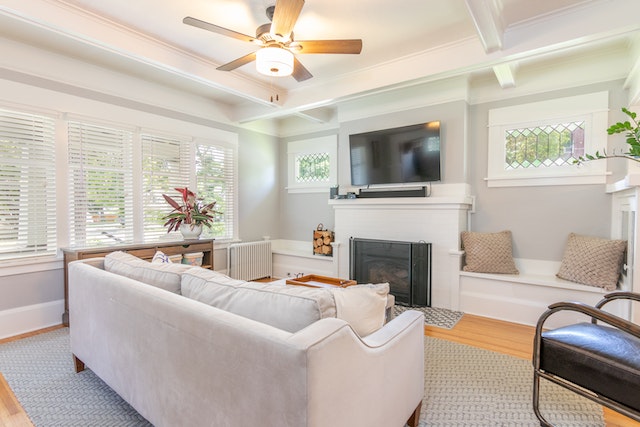Introduction
Lighting is a crucial aspect of our daily lives. It affects our mood, productivity, and the overall ambiance of our surroundings. Behind the scenes, there are experts who work diligently to create the perfect illumination for various spaces. These experts are known as Lighting Specialist, and in this blog, we’ll delve into their role, responsibilities, and the impact they have on our lives.
- The Role of a Lighting Specialist
Lighting specialists are professionals who possess in-depth knowledge of lighting systems and their applications. They work in diverse industries, from residential to commercial, entertainment, and even urban planning. Their primary role is to design and implement lighting solutions that meet the specific needs and aesthetics of a given space. This role encompasses several key responsibilities:
a. Assessment: Lighting specialists begin by assessing the space and its purpose. They consider factors like the type of area (e.g., office, retail, or home), the desired atmosphere, and the practical requirements.
b. Design: Once the assessment is complete, they design lighting plans that incorporate fixtures, light sources, and control systems to achieve the desired effect.
c. Installation: Lighting specialists oversee the installation process, ensuring that the plan is executed correctly, and that safety and energy efficiency standards are met.
d. Maintenance: They also provide maintenance services to ensure that the lighting system continues to perform optimally.
- Lighting Design Principles
Lighting specialists rely on various design principles to create lighting plans that are not only functional but also visually appealing. Some key design principles include:
a. Ambient Lighting: This provides overall illumination to a space and sets the mood. It’s the foundation upon which other types of lighting are added.
b. Task Lighting: Task-specific lighting is crucial for workspaces, kitchens, and areas where focused activities occur. It helps minimize eye strain and enhances productivity.
c. Accent Lighting: To draw attention to specific objects or architectural features, specialists use accent lighting. It adds drama and highlights design elements.
d. Color Rendering: The ability of a light source to accurately reveal the true colors of objects is essential. Lighting specialists consider the color rendering index (CRI) to ensure that colors appear as they should.
e. Energy Efficiency: Given the increasing importance of sustainability, lighting specialists often integrate energy-efficient solutions such as LED lighting and smart controls.
- Technology and Innovation
The world of lighting is rapidly evolving, with technological advancements playing a significant role. Lighting specialists are at the forefront of this transformation, embracing cutting-edge innovations such as:
a. LED Lighting: Light-emitting diodes (LEDs) have revolutionized the industry with their energy efficiency, long lifespan, and versatility in color and intensity.
b. Smart Lighting: The integration of smart controls and automation allows for dynamic and customizable lighting experiences, as well as energy savings.
c. Human-Centric Lighting: Specialists are exploring lighting solutions that mimic natural light patterns to enhance well-being and circadian rhythms.
d. Sustainable Practices: Lighting specialists are increasingly adopting sustainable practices, such as daylight harvesting and the use of recyclable materials in fixtures.
- Impact on Society
The work of lighting specialists extends beyond aesthetics. Their designs influence human behavior, health, and well-being. Properly lit spaces can enhance mood, improve concentration, and even promote healing in healthcare settings. Moreover, energy-efficient lighting solutions designed by specialists contribute to a reduced carbon footprint and cost savings.
